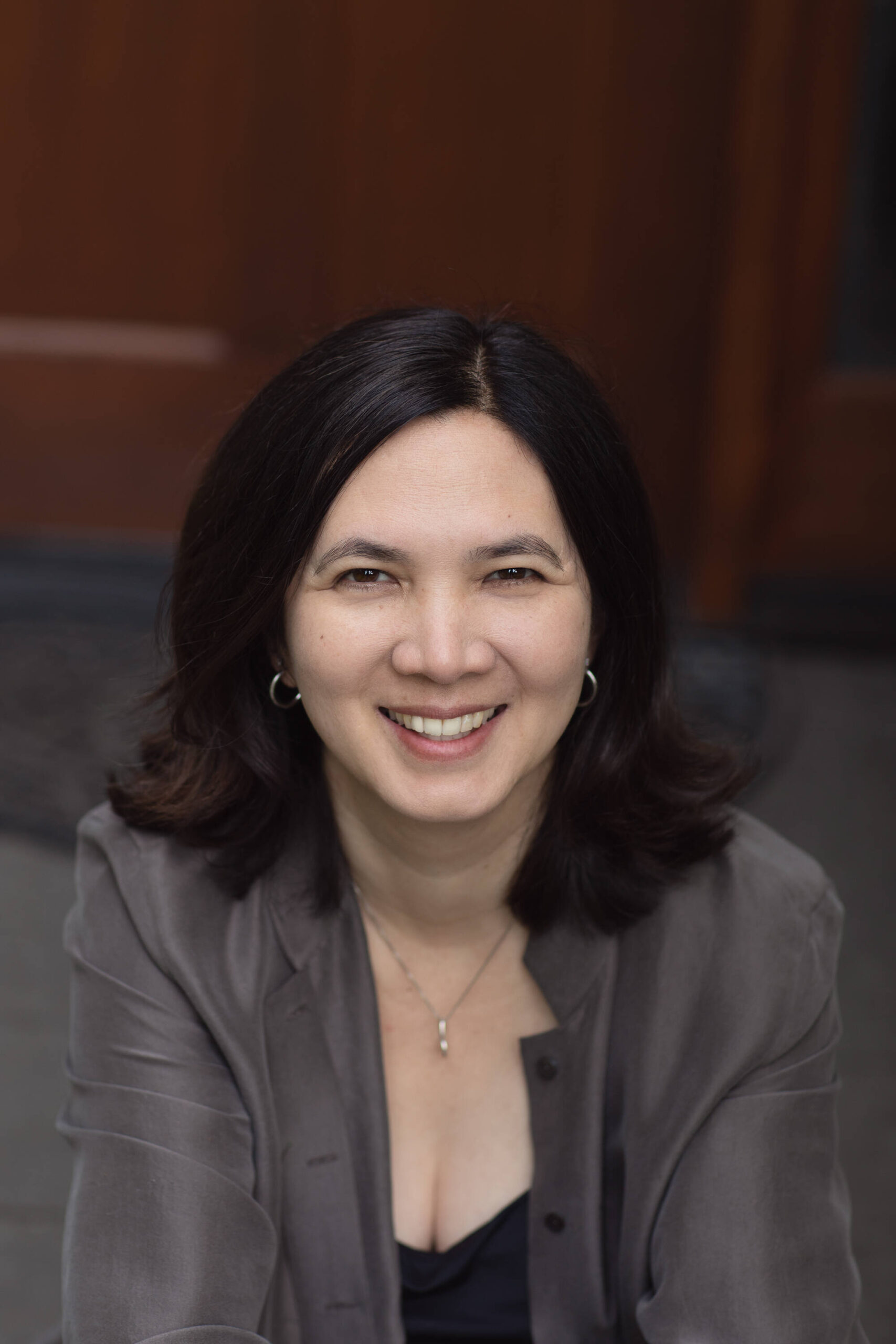Maggie Tai Tucker is running unopposed for re-election to the Mercer Island School Board in the Nov. 7 general election. King County Elections mailed out ballots on Oct. 18.
Tucker, who was the board’s former vice president and president, provided guidance when the pandemic hit, ran a nationwide search to find superintendent candidates, served as board liaison to the PTA’s DEI committee and on the Superintendent’s Equity Advisory Committee and more.
* Why are you running for Mercer Island School District board director?
I originally planned to serve only one four-year term. I decided to run for re-election because I thought it would be helpful to keep more continuity on the board. Our superintendent is only in his second year on the job, though of course he’s been in our district for 10-plus years. But then two of my colleagues announced they would not be running for re-election. Changing out three board members at once, including our most senior board member, David D’Souza, seemed like a lot. Particularly since there’s extensive history to some of the issues we’re dealing with that will take new board members a while to get up to speed on.
* What do you feel are three of the most critical issues within the school district and how do you hope to address them?
1. Absolutely the top issue right now — and the one that is occupying many parents’ and community members’ attention — is long range facilities planning. The possibility of “consolidation,” i.e. going from four elementary schools to three, has a lot of people spooked. At our last meeting the board decided to hold a study session (3 p.m. on Oct. 24) to get some final details on this option, including a summary of community feedback on the various plans presented by the Long Range Facility Planning committee. We will then be able to vote on this topic if desired at the following regular board meeting (5 p.m. on Oct. 26). I think it will be very helpful to settle this question separately from the rest of the planning discussion. (I’m speaking as an individual board member here, not on behalf of the board.)
2. As we begin to catch up with ourselves financially from Covid — we are making steady progress towards rebuilding our financial reserves — and as the superintendent settles into his role, I’m excited that as a district we will be able to start thinking proactively about programming again. Are we currently meeting the needs of all our students? What about kids with specific types of needs, such as students with dyslexia — could we be doing something different for them? Are there adequate options for kids at the high school wanting to pursue advanced STEM topics? Etc.
3. A final issue is that the board is beginning to advocate on a state level, together with other boards around our region, for changes in how we receive special education funding. We’re just in the early stages of this now. Currently we are massively underfunded in this area. If we could get full reimbursement for what we spend on special education, that would free up a lot of resources for our district as a whole. Washington state handles special education funding differently than any other state, so there is definitely a different model out there.
* What’s your life philosophy and how can you apply that to school district matters?
I’m very low-ego, in a positive way. I don’t have a lot of personal investment in being proved “right.” I consider myself rational, open-minded, and willing to learn. I’m always interested in hearing from parents, teachers, other staff members, and students. I’ve met with parents who are extremely angry about something going on in the district — and we’ve both come out of the conversation with a better understanding, and in some cases, a whole new plan on their part of how to approach the issue. I like to gather as much information as possible before making up my mind on a question. But if I get new information, I’ll evaluate that, and I am certainly capable of changing my mind. My number one goal during the superintendent selection process was that the new superintendent should make communication with the public — both ways — a priority, and I’m happy to say that I think Dr. Rundle is accomplishing that.



